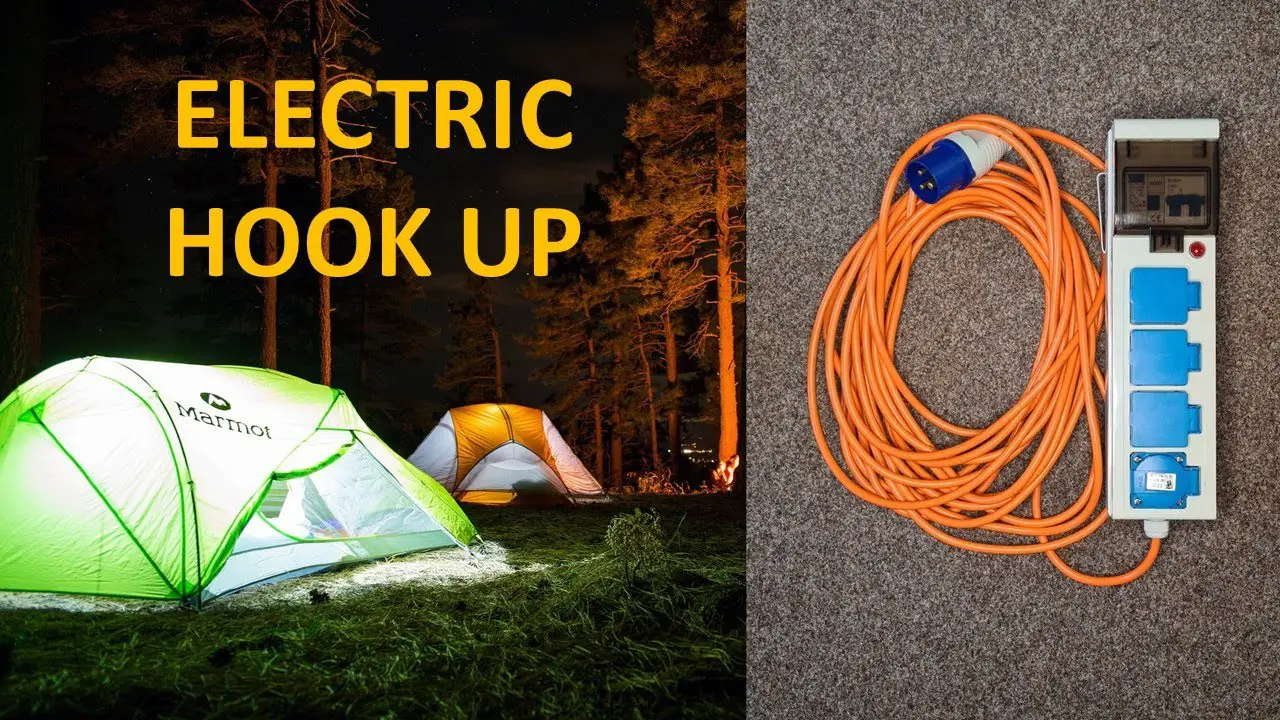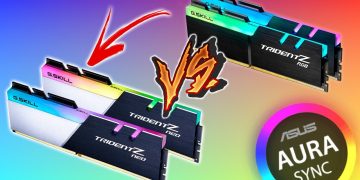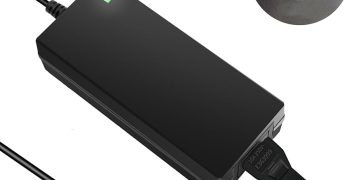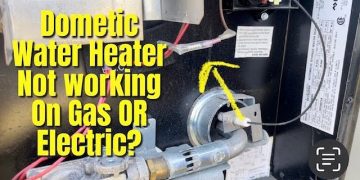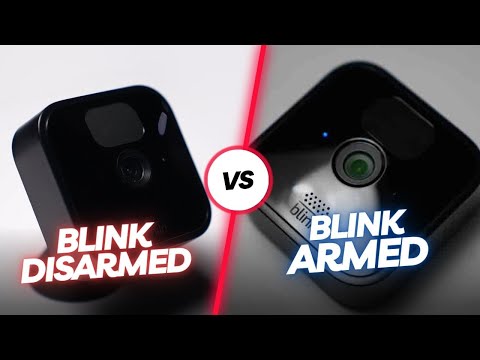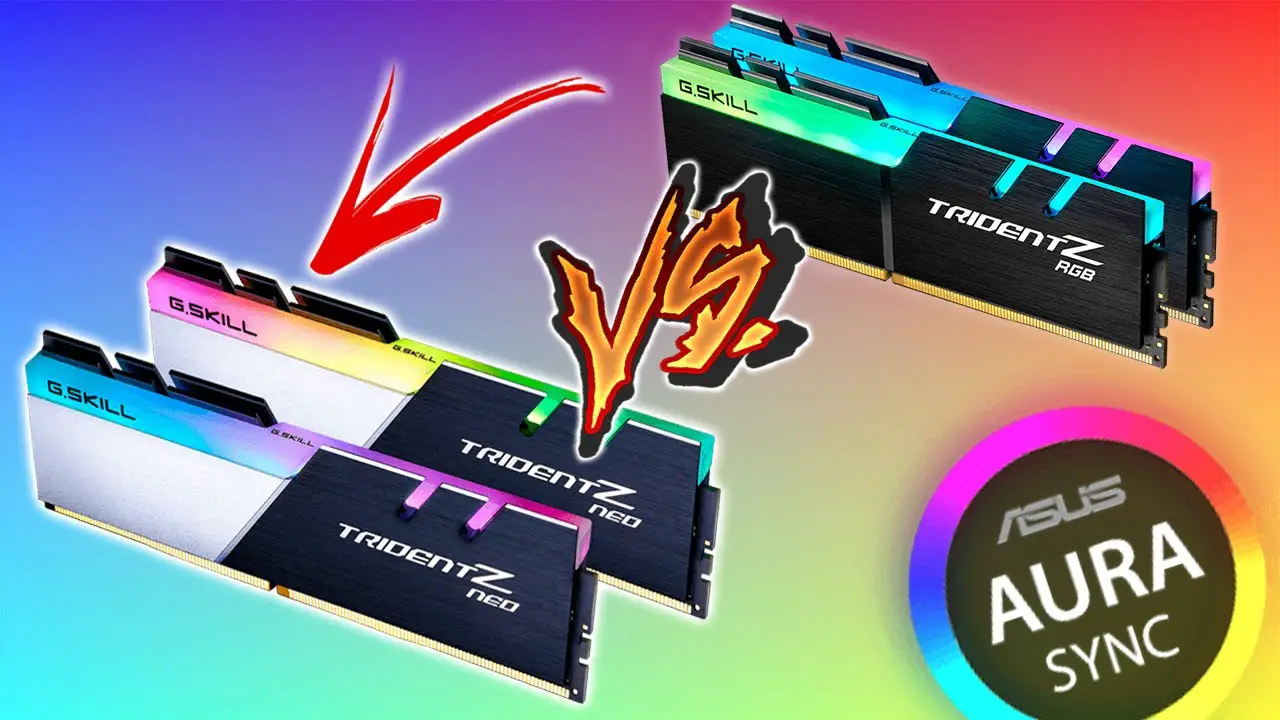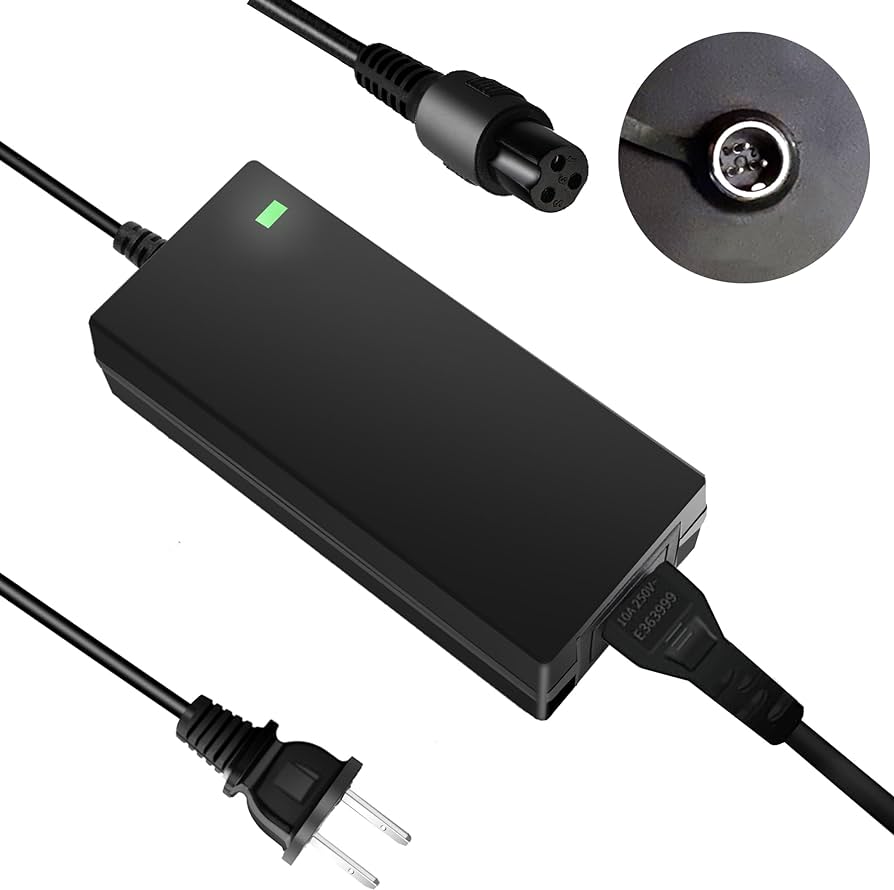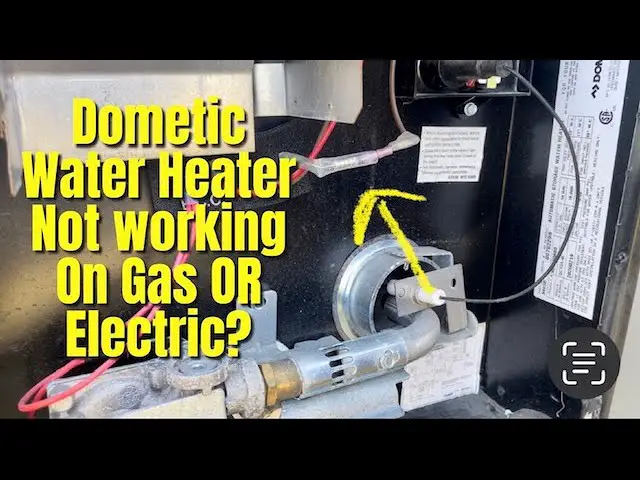Yes, you can have electric hook up in a tent. Electric hook-ups for tents allow access to power sources for lighting, charging devices, and powering small appliances, providing added convenience and comfort during camping trips.
Many campsites and caravan parks offer electric hook-up facilities for tent campers, making it easier to enjoy modern amenities while experiencing the great outdoors. With the availability of electric hook-ups, campers can bring along electronic devices and gadgets without worrying about battery life, ensuring a more enjoyable and connected camping experience.
We will explore the benefits of having electric hook-up in a tent, the necessary equipment and safety considerations, and tips for making the most of this camping amenity. Whether you are a seasoned camper or new to tent camping, understanding electric hook-ups can enhance your outdoor adventures.
Table of Contents
ToggleEssentials For Electric Tent Hook Up
Understanding The Basics Of Electric Hook Up (ehu) In Camping
Electric hook up (EHU) in camping entails connecting your tent to a power supply, providing access to electricity for lighting, charging devices, and running small appliances. It’s crucial to understand the fundamentals of EHU to ensure safety and efficiency during your camping trip.
The Components Necessary For A Safe Ehu System
A safe EHU system requires several essential components, including a hook-up cable, a circuit breaker, waterproof sockets, and a portable residual current device (RCD). These components work together to provide a secure and reliable electrical connection, safeguarding against potential hazards and electrical faults.
Voltage Considerations For Different Camping Scenarios
When setting up an electric hook up in a tent, it’s important to consider the voltage requirements for various camping scenarios. Different campsites may have varying voltage options, such as 110V or 240V, and understanding these considerations ensures that you select the appropriate equipment and accessories for your specific camping needs.
Tent Camping With Electric Hook Up
When it comes to tent camping, having an electric hook up (EHU) can enhance your outdoor experience, offering convenience and comfort. However, there are factors to consider before setting up an electric hook up in your tent. In this article, we’ll discuss the compatibility of your tent with EHU and the importance of choosing the right camping pitch for a seamless experience.
Assessing The Compatibility Of Your Tent With Ehu
Before setting up an electric hook up in your tent, it’s essential to assess the compatibility of your tent with EHU. Not all tents are designed to accommodate electrical connections, so it’s crucial to check the specifications of your tent. Look for tents with designated access points for electrical cables and built-in cable entry points to ensure safe and efficient use of EHU.
Importance Of Choosing The Right Camping Pitch
Choosing the right camping pitch is vital when planning to use electric hook up in your tent. Ensure that the campsite provides pitches with EHU facilities to avoid any inconvenience during your stay. Additionally, consider the proximity of your pitch to the electrical hook up points to ensure that your cables reach without any issues. Prioritizing a suitable camping pitch will ensure a smooth and hassle-free camping experience with electric hook up.
Setting Up Your Electric Hook Up
Setting up your electric hook up in a tent can significantly enhance your camping experience by providing access to power for lighting, charging devices, and running small appliances. Electrical hook ups (EHUs) can be a convenient addition to your camping setup, but it’s crucial to install and use them safely. In this section, we’ll provide a step-by-step guide to safely installing EHU and offer tips for weatherproofing and securing your EHU setup.
Step-by-step Guide To Safely Installing Ehu
When setting up your electric hook up in a tent, it’s essential to follow a structured process to ensure safety and proper functionality. Here’s a step-by-step guide to safely installing EHU:
- Choose a suitable and secure location for the EHU unit near your tent.
- Uncoil the EHU cable and connect the male end to the campsite’s power supply point, ensuring it’s the correct voltage for your equipment.
- Run the cable neatly to your tent, securing it to the ground with cable clips or an appropriate method to minimize trip hazards.
- Connect the female end of the cable to a safely positioned RCD-protected power unit inside the tent, ensuring it’s in a dry area and not in contact with water.
- Test the EHU connection to confirm that power is successfully reaching your tent’s electrical system.
- Regularly inspect the EHU and electrical connections for signs of wear, damage, or water ingress to maintain safe operation.
Tips For Weatherproofing And Securing Your Ehu Setup
Ensuring that your electric hook up in a tent is weatherproof and securely set up is critical for safety and durability. Here are some valuable tips to weatherproof and secure your EHU setup:
- Utilize a waterproof connection box or cover for the EHU unit to protect it from rain and moisture.
- Use cable tidies or protective conduits to secure the EHU cable and prevent tripping hazards and damage.
- Implement ground-level cable covers to further protect the cable and prevent accidental damage.
- Consider investing in a surge protector or voltage regulator to safeguard your electrical equipment from power fluctuations.
- Regularly inspect and maintain your EHU setup to identify and address any potential issues or vulnerabilities.
Minimizing Risks With Tent Electrification
Safety Protocols For Handling Electricity In A Tent Environment
When setting up electric hookup (EHU) in a tent, it is imperative to prioritize safety to mitigate potential risks associated with electricity and minimize the chances of accidents. Here are some safety protocols to ensure the secure handling of electricity within tent environments:
- Keep electrical connections off the ground: Elevating the electrical connections and plugs off the ground using suitable mounting options such as cable tidies or hooks can prevent moisture, dirt, or physical damage, significantly reducing the risk of electric hazards.
- Use residual current devices (RCDs): Utilizing RCD devices can act as a safeguard against electric shocks and potential circuit overloads, swiftly cutting off the power supply in the event of a fault, ensuring the safety of the occupants.
- Avoid overloading circuits: It is crucial to be mindful of not overloading the circuits to prevent overheating, short circuits, and potential fire hazards. Adhering to the recommended power limits and avoiding the use of multiple high-energy appliances simultaneously is essential.
- Protect electrical equipment from environmental elements: Shielding the electrical equipment from rain, moisture, and extreme weather conditions using appropriate weatherproof covers and enclosures is vital to prevent water ingress and subsequent electrical malfunctions.
Regular Maintenance And Inspection Routines For Ehu Gear
Ensuring the proper upkeep and periodic inspection of Electric Hook Up (EHU) gear is crucial in maintaining the safety and functionality of the electrical installations within tent setups. Here are some essential practices for regular maintenance and inspection routines:
- Inspect and test the EHU components: Regularly examining the EHU components, including cables, sockets, connectors, and circuit breakers for any signs of wear, damage, or corrosion is essential to identify and rectify potential issues promptly.
- Check for loose connections: Routinely checking for loose or frayed connections, and ensuring all electrical components are securely fastened, can prevent the risk of electrical faults, sparks, and potential hazards within the tent environment.
- Review manufacturer guidelines: Adhering to the manufacturer’s guidelines and recommendations for the maintenance and inspection of EHU equipment is crucial in ensuring optimal safety and functionality, reducing the likelihood of accidents or electrical mishaps.
- Seek professional assessment: Engaging the services of a certified electrician for periodic assessment and testing of the EHU gear can provide added assurance of the safety and compliance of the electrical installations within the tent.
Power Management While Camping
Power management while camping is essential for a comfortable and convenient outdoor experience. Whether you’re a seasoned camper or new to the game, understanding how to balance power usage with the available electrical supply and implementing energy-saving practices is key to enjoying your time in nature without sacrificing modern conveniences. In this post, we’ll explore the ins and outs of power management while camping, including tips for balancing power usage and energy-saving practices for extended camping stays.
Balancing Power Usage With The Available Electrical Supply
When camping with electrical hook-ups, it’s important to be mindful of your power usage to avoid overloading the supply or running out of power prematurely. Balancing power usage involves prioritizing essential appliances and devices while being mindful of their energy consumption. Consider creating a power usage plan to allocate energy resources appropriately, ensuring that all necessary devices and amenities receive power without overtaxing the electrical supply.
Energy-saving Practices For Extended Camping Stays
For extended camping stays, integrating energy-saving practices is crucial for maximizing the available power supply and minimizing environmental impact. Opt for energy-efficient appliances and devices, such as LED lighting and low-power consumption electronics, to reduce energy usage without sacrificing comfort. Utilize natural lighting during the day, and consider investing in portable solar panels to harness renewable energy and minimize reliance on commercial electric sources.

Credit: www.amazon.com
Luxury Or Necessity In Modern Camping
When it comes to modern camping, the debate over whether electric hook up in a tent is a luxury or a necessity is a hot topic. With the rise of glamping and the increasing reliance on technology even in outdoor settings, many campers are pondering the need for access to electricity during their camping trips. Let’s explore this debate and the verdict on whether you can have electric hook up in a tent.
Debating The Need For Electric Hook Up In A Tent
Debating whether electric hook up is necessary in a tent centers around the convenience and comfort it provides versus the authenticity and simplicity of traditional camping. Proponents of electric hook up argue that it allows campers to power essential gadgets, such as lighting, electric stoves, and mobile devices, enhancing the overall camping experience. On the other hand, purists advocate for unplugged camping, emphasizing the joy of disconnecting from modern amenities and embracing nature in its simplest form.
Can You Have Electric Hook Up In A Tent: The Verdict
The verdict on electric hook up in a tent is clear – it is indeed possible. Many campsites now offer electric hook up facilities for tents, granting campers access to power sources without sacrificing the outdoor experience. With the availability of portable power packs and solar panels, campers can also create their own electric hook up solutions, further blurring the line between luxury and necessity in modern camping.
Frequently Asked Questions On Can You Have Electric Hook Up In A Tent
What Is An Electric Hook Up For A Tent?
An electric hook up for a tent is a safe and convenient way to provide power for lighting, heating, and charging electronic devices while camping. It typically consists of a plug socket, circuit breaker, and protective casing designed for outdoor use.
Is It Safe To Have Electric Hook Up In A Tent?
Yes, it is safe to have an electric hook up in a tent if proper precautions are followed. Use a residual current device (RCD) to protect against electric shocks and ensure that all electrical equipment is suitable for outdoor use.
Follow manufacturer’s guidelines for safe usage.
What Do You Need For Electric Hook Up In A Tent?
To set up electric hook up in a tent, you will need a suitable power supply unit, camping electric hook up cable, and camping electric mains unit. Make sure all equipment meets safety standards and is in good working condition before use.
How To Install Electric Hook Up In A Tent?
To install electric hook up in a tent, securely position the camping electric mains unit near a power supply, connect the camping electric hook up cable to the unit and tent, and then plug in the electrical appliances. Follow the manufacturer’s instructions carefully and use weatherproof connections.
Conclusion
Having an electric hookup in a tent can enhance your camping experience without compromising on comfort. By choosing the right equipment and following safety guidelines, you can enjoy the convenience of electricity while embracing the great outdoors. With proper planning and consideration, electric hookups can be a valuable addition to your camping adventures.


